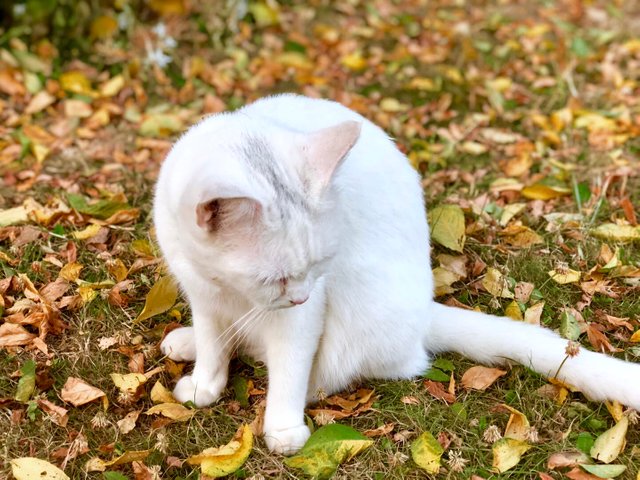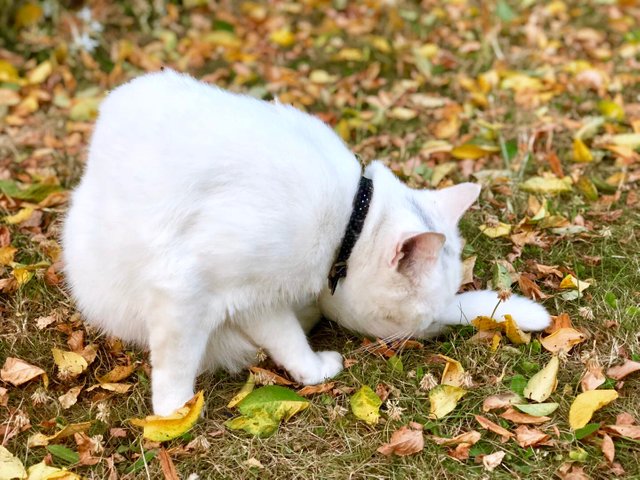Special Needs I

At some points in a cats life there may be a need to provide a special diet to cater for specific needs that develop over time. Depending on the life stage, circumstances and environment, a number of special diets may be prescribed. Years of testing and research have given birth to a range of solutions to help cats live a better life through bespoke diets.
Elderly Cats
Adult cats move into their senior elder years after some time and activity levels begin to change around this period. Moving from an active state to a more sedentary lifestyle results in weakening of the body and internal organs begin to underperform. As such, the requirement for nutrients in an elderly cat begin to shift and it often becomes easy to provide excess nutrients in a once balanced diet.
One example of this can be seen between protein content. Young and active adult cats have a high protein diet to allow growth and repair that reflect their lifestyles. This need is removed in elder cats and proteins can begin to collect in excess, resulting in strain on the liver and kidneys. A knock on effect may occur as the body tries to compensate, resulting in increased urination. This increases risk of dehydration as a cat will become thirstier when being supplied with excessive amounts of protein in the diet. Elevated urine levels can also result in the removal other essential nutrients in the body. It is best to avoid this situation in the first instance by adjusting the protein content in the diet, a reduction of around 10% should provide the adequate levels but may vary depending on a cats activity in their senior years.
With a shift in diet, there becomes an issue with providing correct energy levels for the senior feline. To counter decreased protein levels, a supplementation of healthy fats is used to fill in the energy deficiency. The increased fat content needs to be limited to avoid adding too much weight in a cat that can lead to unhealthy obesity.
As organs begin to underperform, digestion of complex nutrients becomes difficult. Carbohydrates carry these complex chains in sugars and starches and should be reduced significantly. An overload and exhaustion of the digestive system can lead to discomfort and even diarrhoea. If a cat begins to show signs of lethargy, discomfort or other abnormal behaviour an immediate visit to a vet should be taken for diagnosis. Most lifestyle changes and diet refinements can solve issues a senior cats may face in their later years of life.

This can be difficult to deal with in multiple cat households. My 12 year old does not care for the senior diet, however, I am hoping for good results by blending this with a more general diet with no additives. The higher protein level of the "younger cat" diet may prove to be problematic for him. He is a fussy eater. My only one. The others are kitty vacuum cleaners. Lovely photos.
To listen to the audio version of this article click on the play image.

Brought to you by @tts. If you find it useful please consider upvoting this reply.